Cerebrovascular diseases, which affect blood flow to the brain, are among the leading causes of disability and death worldwide. These conditions, including ischemic and hemorrhagic strokes, vascular dementia, and cerebral small vessel disease, require timely intervention and comprehensive management. In this blog post, we’ll explore the latest advancements in diagnosis, treatment, and rehabilitation for these critical disorders.
Ischemic Stroke: Thrombolysis, Thrombectomy, and Rehabilitation
Ischemic stroke, caused by a blockage in blood flow to the brain, accounts for approximately 85% of all strokes. Rapid treatment is essential to minimize brain damage. Thrombolysis with tissue plasminogen activator (tPA) and mechanical thrombectomy have revolutionized stroke care, significantly improving outcomes. Post-stroke rehabilitation, including physical, occupational, and speech therapy, plays a vital role in recovery.
Hemorrhagic Stroke: Aneurysm Management and Blood Pressure Control
Hemorrhagic stroke occurs when a blood vessel in the brain ruptures, often due to hypertension or aneurysms. Emergency management focuses on controlling bleeding and reducing intracranial pressure. Surgical interventions, such as clipping or coiling of aneurysms, are critical. Long-term blood pressure control and lifestyle modifications are essential to prevent recurrence.
Vascular Dementia: Link to Hypertension and Diabetes
Vascular dementia, the second most common form of dementia, results from reduced blood flow to the brain, often due to stroke or small vessel disease. Hypertension and diabetes are major risk factors. Early detection and management of these conditions, along with cognitive rehabilitation, can help slow disease progression and improve quality of life.
Cerebral Small Vessel Disease: Impact on Cognition and Mobility
Cerebral small vessel disease (CSVD) affects tiny blood vessels in the brain, leading to cognitive decline, gait disturbances, and an increased risk of stroke. Neuroimaging, such as MRI, is crucial for diagnosis. Management focuses on controlling vascular risk factors, such as hypertension and hyperlipidemia, and promoting brain health through lifestyle changes.




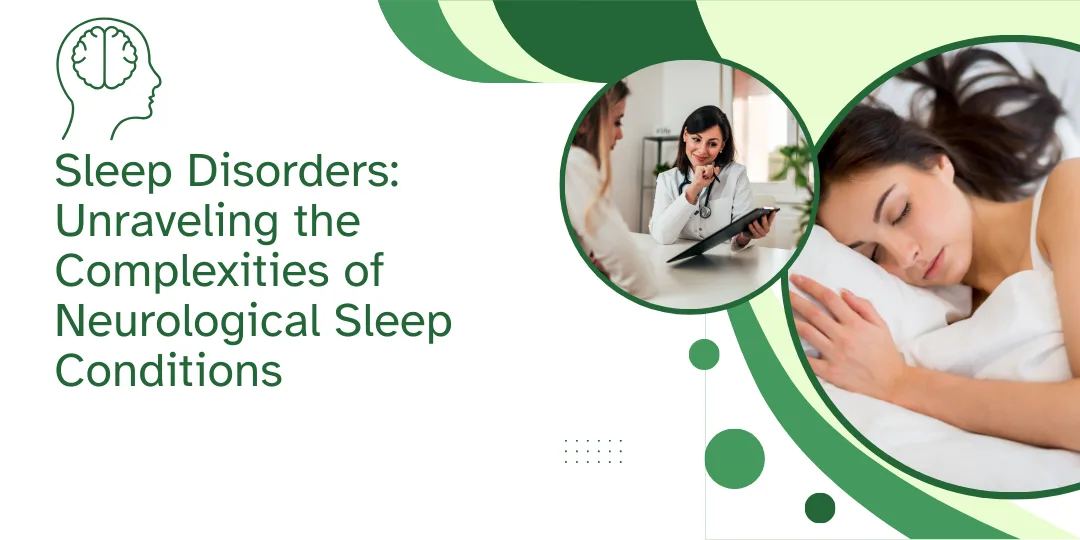
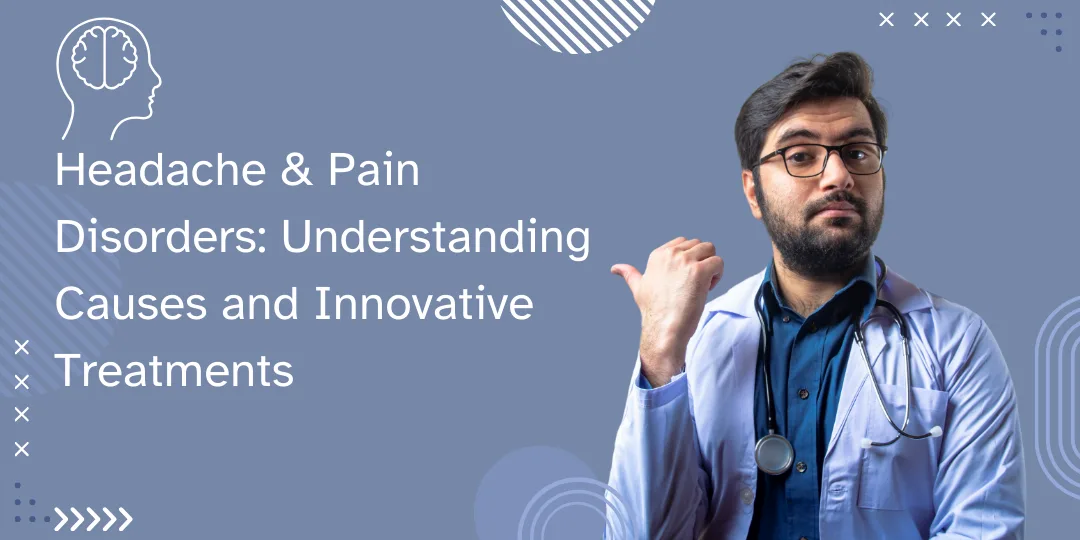
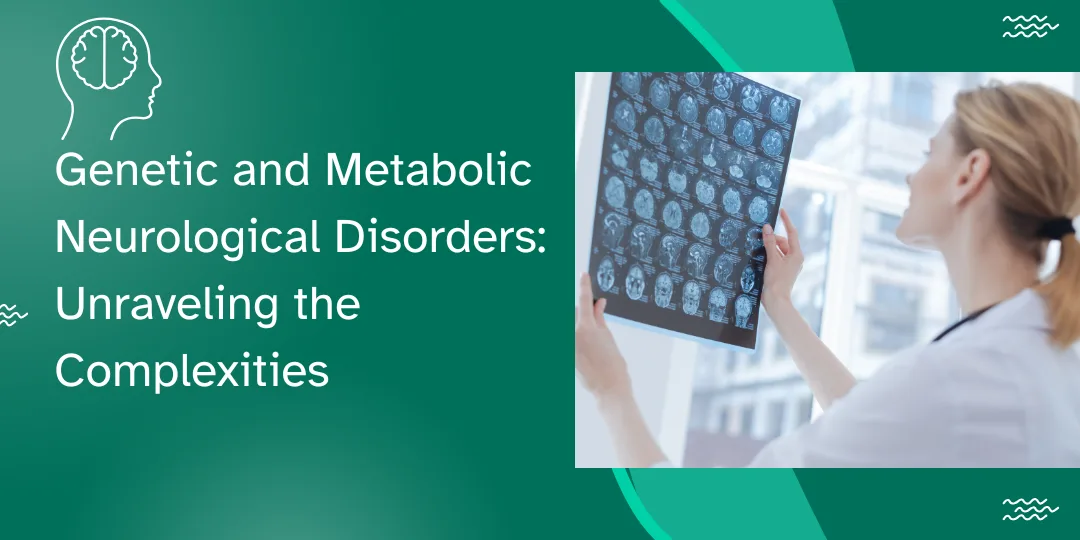
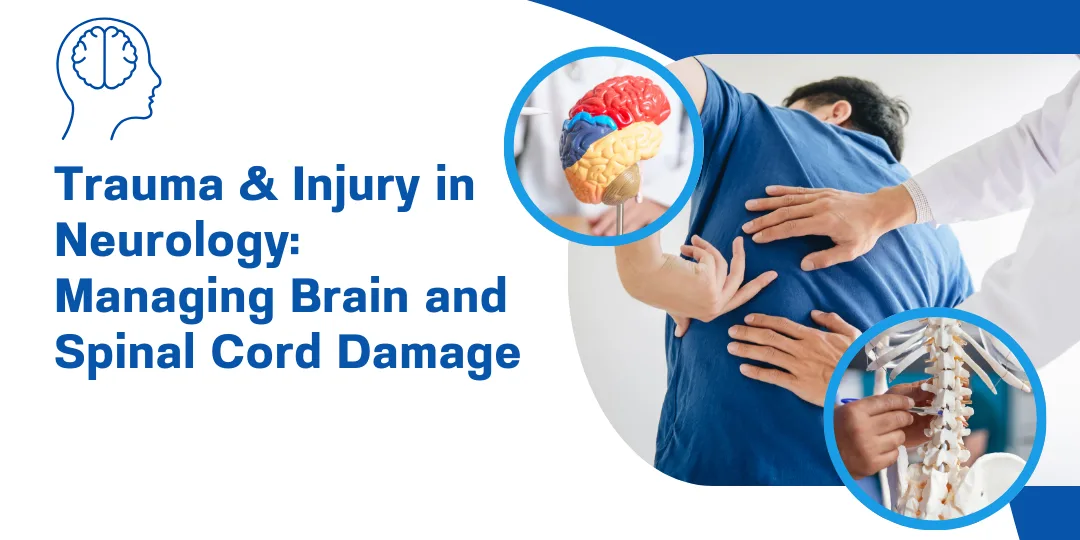
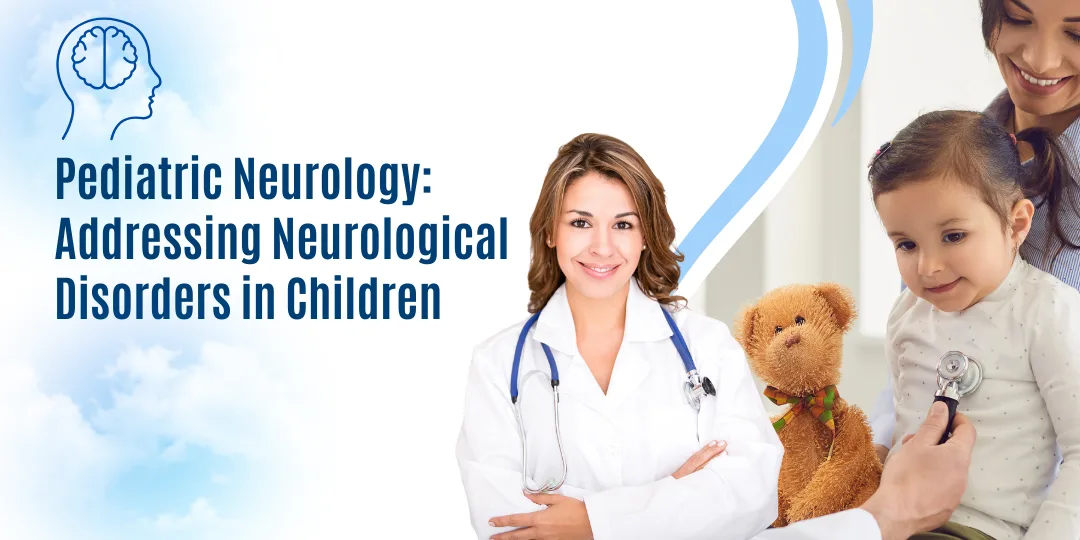
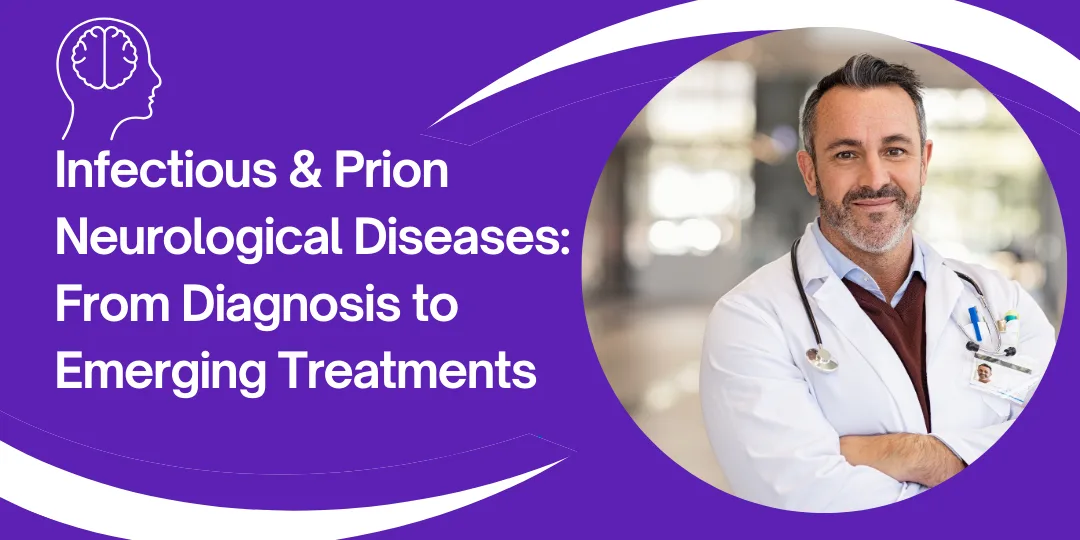
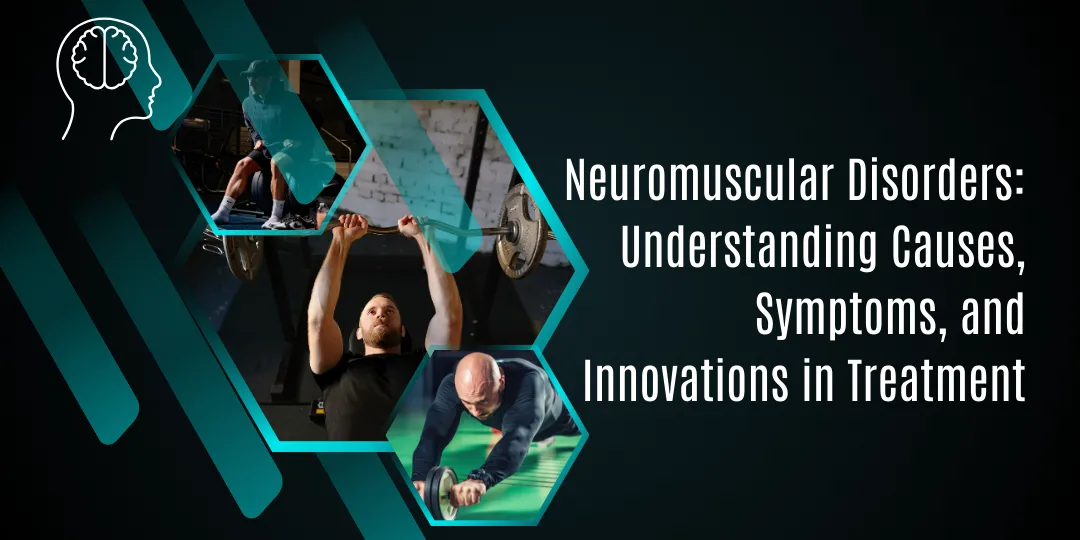
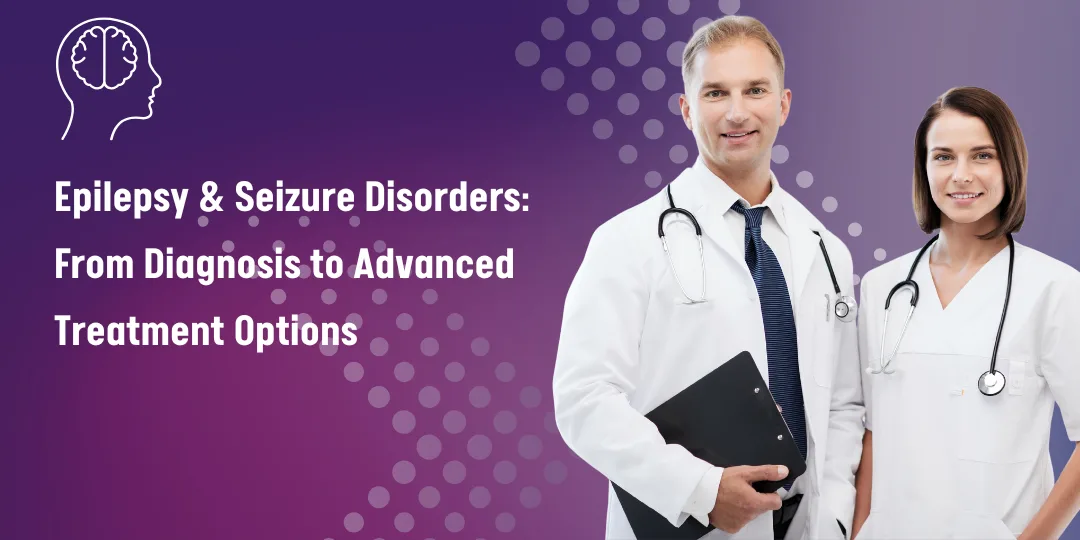
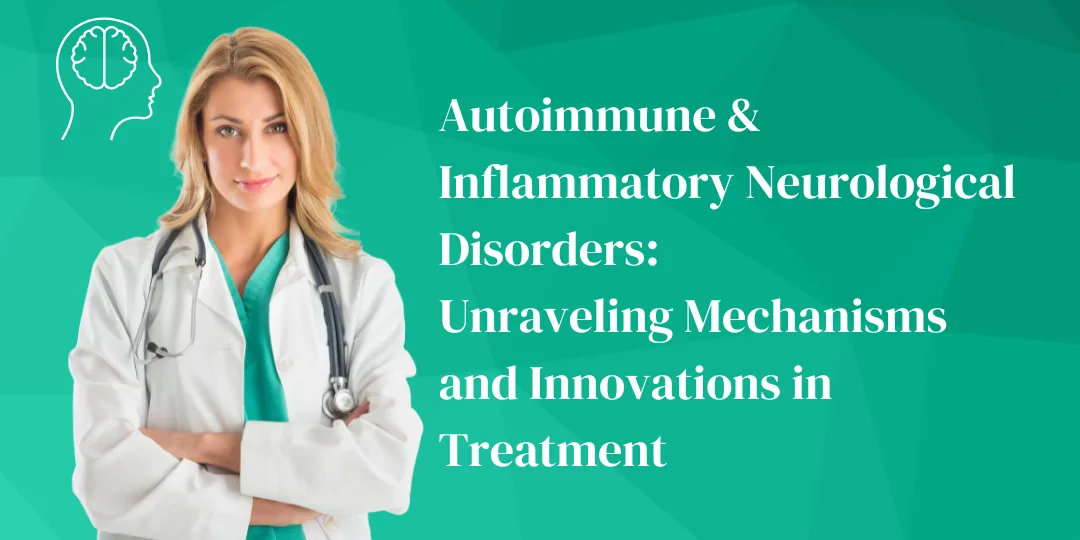
0 Comments